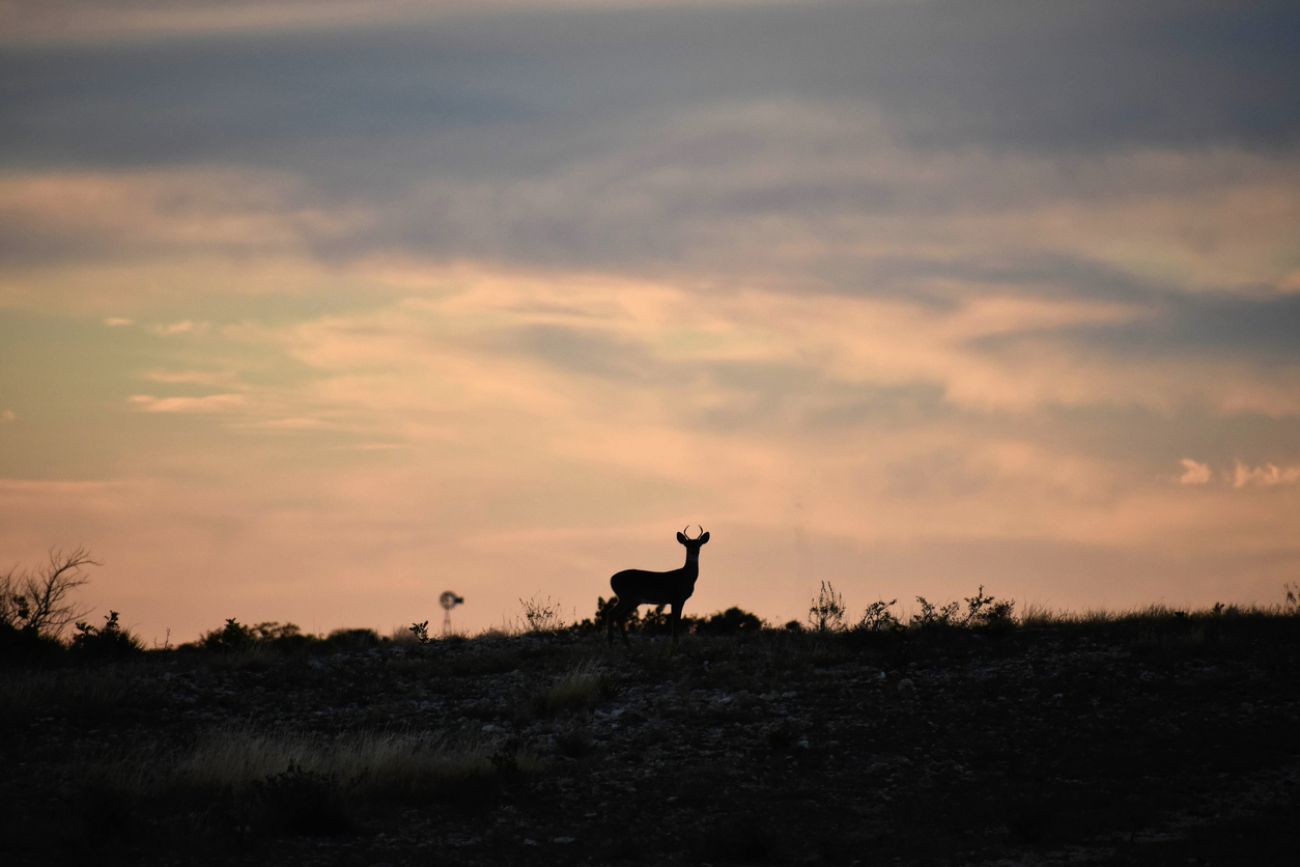Hunting season in Michigan: What to know about licenses, seasons, limits

- Hunters can kill as many as 12 deer per year, but the state says that’s still not enough to keep populations in check
- The state expects more hunters to get licenses as firearm season approaches
- Some think the state’s loosening of deer limits is ridiculous
Jan. 23, 2024: Michigan deer: Hunters share thoughts on managing a changing herd
Jan. 15, 2024: Michigan deer harvest numbers are down: How did your county do?
Nov. 17, 2023: In antler-obsessed Michigan, the state begs hunters to shoot more does
Nov. 13, 2023: Firearm deer hunting season starts Wednesday in Michigan: What to know
Deer hunting season has already begun in Michigan, and state officials are once again warning there won’t be enough hunters to keep populations in check.
Since 2020, the state has liberalized regulations to increase the number of deer hunters can kill, but it’s had limited effect.
“While Michigan hunters consistently take over 300,000 deer each year during the hunting season, it is not enough to reduce the statewide population,” said Chad Stewart, deer, elk, and moose management specialist for the Michigan Department of Natural Resources.
“We do rely on deer hunters to manage our population because … deer are very good at reproducing and growing their numbers, they can create a lot of conflicts, both with vehicle collisions and agricultural damage,” Stewart said
“They can eat about 7 to 8 pounds of food a day in the summertime and that's usually all just vegetation that is constituting, young forests and plants that other animals rely on. So when we start having an overabundance of deer, we start to see these impacts.”
Related:
- As pet attacks rise, wolf hunt push lives on in Michigan’s Upper Peninsula
- Gone nearly a century, Michigan anglers can again catch Arctic grayling
- Climate change threatens fish in Michigan’s Great Lakes. Watch video
- In warming Great Lakes, climate triage means some cold waters won’t be saved
In 2022, 303,087 deer were killed: 182,586 in the southern Lower Peninsula, 97,714 in the northern Lower Peninsula and 22,787 in the Upper Peninsula.
Last year, the state sold 585,595 deer licenses, about 1 percent fewer than 2021, continuing a trend of fewer young people participating in the sport.
The year before, the DNR allowed licensed hunters with a single or combination license — allowing for multiple kills — to shoot antlerless deer.
That ended a policy of requiring hunters to purchase a separate license to kill antlerless deer, and didn’t come without controversy. Hunters in Michigan can kill at most 12 deer, with one combo kill tag license and up to 10 universal licenses.
“The combo tag and the standalone kill tag I have no issues with. It's the fact that the DNR is issuing pretty much unlimited doe tags, I think it's absolutely ridiculous,” said Stephen Cobb, 36, Grayling.
Cobb is a seasoned hunter who hunts 80 percent of the meat he eats, but finds that two or three deer can be enough to get him through the year.
“In my experience, our deer numbers are far less (than other states) and they're just opening it up for open game season,” he said.
Earlier this year, the state further updated its regulations, allowing those with deer combo licenses in the southern Lower Peninsula to have an unrestricted regular tag and a four-point restricted tag.
The new regulation requires hunters with a combo kill tag to ensure that one of the antlered deer has four points, at least 1 inch long on either antler.
As with last year, all hunters are required to report their deer kills to the state within 72 hours before processing them.
Here’s what else to know:
Restrictions
The Upper Peninsula has more restrictions on where hunters can hunt, what time of the year hunting is permitted and how many deer they can kill because there are fewer deer than in the Upper Peninsula than there are in the Lower Peninsula.
Archery hunting allowed through Nov. 14. Deer hunting licenses are currently down by over 4 percent from this time last year to a little over 300,000, but Stewart expects to see growth in the number of licensed deer hunters when firearm season begins.
Seasons
Firearm huting is Nov. 15 through Nov. 30. And hunting with a muzzleloading firearm is from Dec. 1 to Dec. 10.
Late hunting for antlerless deer using a firearm is only permitted in the Lower Peninsula from Dec. 11 to Jan. 1 on private lands.
Deer hunting with archery will resume Dec. 1 and end Jan. 1.
Michigan’s “independence hunt” is Oct. 19 to Oct. 22 for those with disabilities.
To qualify for independence hunt residents must be a disabled veteran determined by the U.S. Department of Veterans Affairs, blind or deaf.
Those who have been issued a permit by the DNR to hunt from a parked motor vehicle, off-road vehicle or personal assistive mobility device or a permit to hunt using a laser-sighting device due to a disability also qualify for the independence hunt.
Michiganders born after Jan. 1, 1960, are required to take a hunter safety course, which is available online or in person before purchasing licenses.
License costs
Hunters must purchase a base license, which ranges from $6 to $151, before purchasing a deer license, specific to how many deer they want to hunt.
A universal antlerless deer tag, which permits hunters to kill doe, can be purchased for residents, and nonresidents of all ages for $20.
Hunters are restricted to either one single or combo kill tag per season but the DNR allows the purchase of up to 10 universal antlerless deer tags.
Residents and nonresidents between 10 and 64 years old can buy a single kill tag deer license for $20, and residents 65 and older can buy one for $8.
Residents ages 10 to 64 can purchase a combo tag, which can be used to kill two deer during archery or a firearm season, for $40 and nonresidents for $190. Residents over 65 can buy a combo tag for $28.
Residents can apply for a hunting license that can be purchased from any license agent, online or through the Michigan DNR Hunt Fish app.
Michigan Environment Watch
Michigan Environment Watch examines how public policy, industry, and other factors interact with the state’s trove of natural resources.
- See full coverage
- Subscribe
- Share tips and questions with Bridge environment reporter Kelly House
Michigan Environment Watch is made possible by generous financial support from:
Our generous Environment Watch underwriters encourage Bridge Michigan readers to also support civic journalism by becoming Bridge members. Please consider joining today.
See what new members are saying about why they donated to Bridge Michigan:
- “In order for this information to be accurate and unbiased it must be underwritten by its readers, not by special interests.” - Larry S.
- “Not many other media sources report on the topics Bridge does.” - Susan B.
- “Your journalism is outstanding and rare these days.” - Mark S.
If you want to ensure the future of nonpartisan, nonprofit Michigan journalism, please become a member today. You, too, will be asked why you donated and maybe we'll feature your quote next time!






